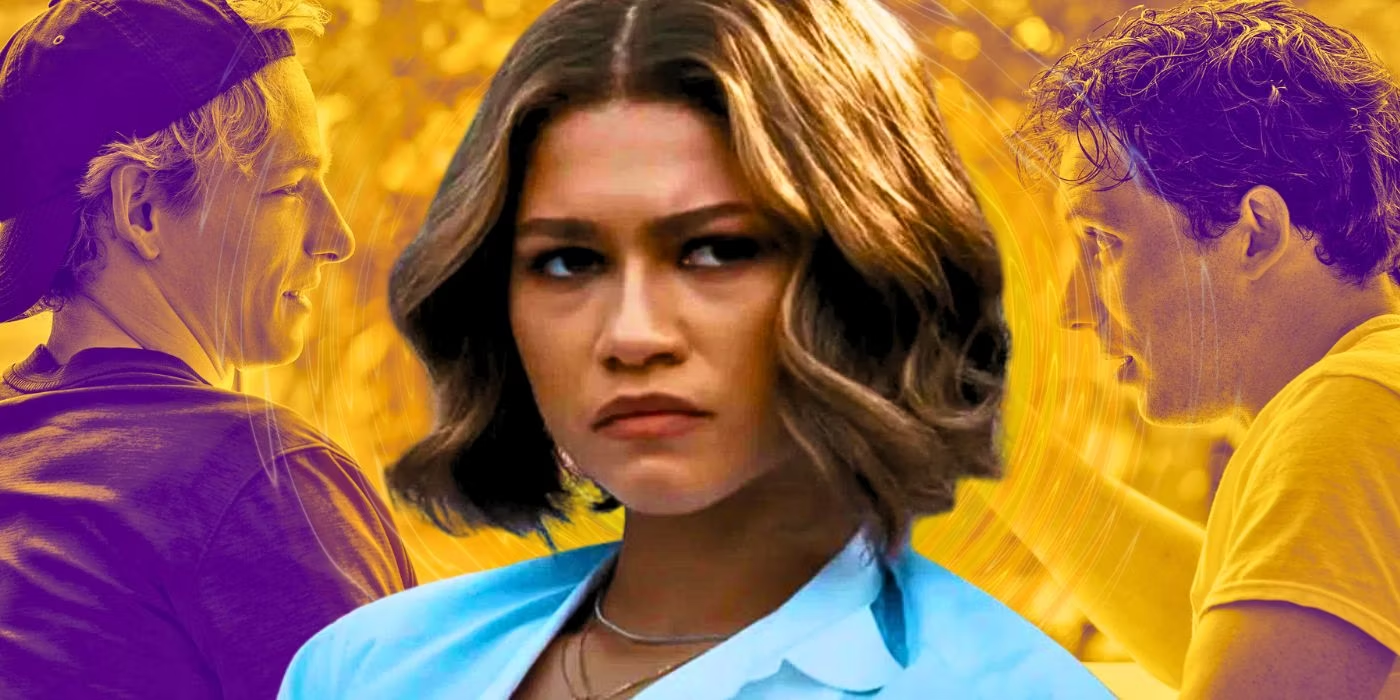The 1959 episode "Time Enough At Last" is often cited by fans of the original Twilight Zone as their favorite of the 150 or so produced during the series' run ('59-'64).
For the unfamiliar, Burgess Meredith, who would later famously portray Penguin in the campy Batman television series, played Henry Bemis, a bookish, bespectabled bank teller working for a pesky bank manager and married to a nagging woman both of whom berated him for wanting to do the only thing he really enjoyed -- read.
While Henry is holed up in the bank vault reading during one lunch break, the world is obliterated by atomic blast, and Henry emerges the lone survivor. He wanders the desolate landscape that was once his town and finds no one.
Fearing complete isolation, Henry considers taking his life (with a pistol that appears to have been left over from a Hollywood western) but then sees in the distance the public library is still standing. Oh joy! There he finds all the books he could want to read, now that there's time enough to do so.
He stacks dozens of books on the library steps and begins to settle down to read, but stumbles, knocking his glasses to the steps where they shatter to pieces (quite unlikely considering their thickness but it's television).
The irony, of course, was rich and, apparently, appealed to the Cold War viewing public. Some may have sympathized with Henry's plight; others may have denounced him for trying to check out at a time when the country needed all hands on deck. But who knows?
The episode's popularity has not waned over the years. In fact, some argue it has grown as Rod Serling's dystopic allegory of mid-20th century anti-intellectualism, societal upheaval and the elusiveness of solitude have become 21st-century realities.









.jpg)
